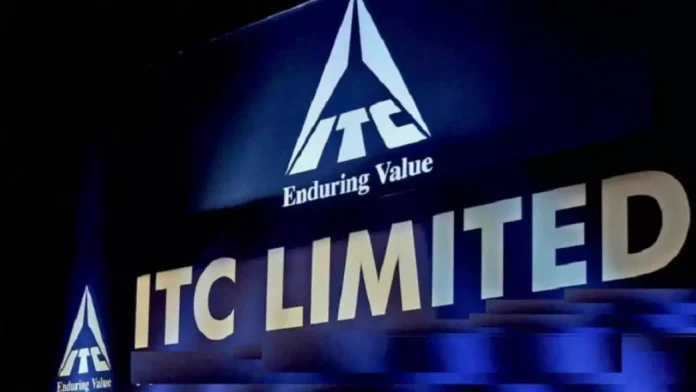Conglomerate ITC is eyeing a significant 50% jump in room inventory over the next five years.
During its institutional investors and financial analysts day on Tuesday, the company announced its goal to achieve 200 hotels with 18,000 keys over the next five years, with two-thirds of them in the managed portfolio.
Currently, ITC boasts 12,000 rooms spread across 131 hotels in 80 destinations. Having transitioned to an ‘asset right approach’ some years ago, the company now holds over 50% of its room inventory in the managed portfolio.
During the presentation to analysts, Anil Chadha, the divisional chief executive of ITC’s hotels business, highlighted a robust pipeline of managed hotels, totaling 35 hotels with more than 3,200 keys. Over the next five years, premium hotel keys are expected to comprise 45% of the total managed portfolio, an increase from the current 30%.
The company is also considering specific greenfield/brownfield projects, with exploration currently underway for 300 rooms in this category. Additionally, by early 2024, the owned capacity is set to expand with the inclusion of Welcomhotel Chennai (undergoing renovations, adding 90 keys) and ITC Ratnadipa, Colombo (352 keys).
Over the last 24 months (from January 2022 to December 2023), ITC has inaugurated 22 hotels.
It’s worth noting that in August, ITC approved the demerger of the hotels business. This decision was driven by the maturity, scalability, and the business’s readiness to chart its independent growth path.
The expansion is fueled by the current resurgence in the hospitality sector following the post-pandemic recovery. ITC’s hotel segment achieved a record-breaking performance in the second quarter, with revenues increasing by 20.5% year-on-year (YoY) to INR 675 crore, and pre-tax profits surging by 53% to INR 132.95 crore.
However, within various business verticals, the conglomerate aimed to enhance both scale and profitability as an integral component of the ITC Next strategy.
Chairman and Managing Director, Sanjiv Puri, reportedly emphasized that ITC Next involves establishing structural drivers of competitiveness through substantial investments in innovation. The goal is to develop a future-ready portfolio built on science-led platforms that cater to the evolving needs of consumers.
Export initiatives and strategically valuable acquisitions were also fundamental components of the ITC Next strategy.
The pursuit of new avenues for growth included the exploration of higher-value-added products and services, as well as opportunities at the intersection of digital and sustainability.





